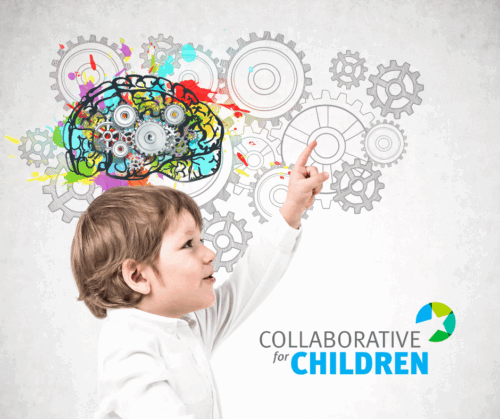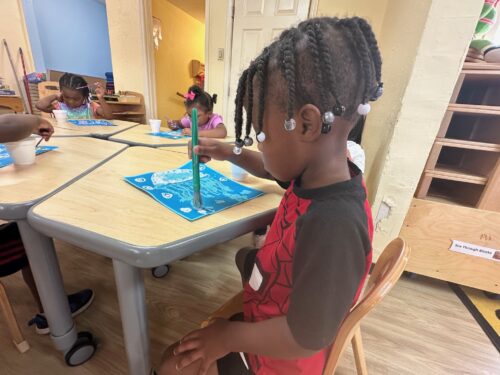Did you know that 90% of a child’s brain is developed by age five? That means the early years of education are critical. During this time, children build the foundation for lifelong learning, emotional regulation, and social skills. At Collaborative for Children, we help families and educators make the most of this window through certified early childhood education (ECE), STEAM-based curriculum, and high-quality child care centers of excellence.

The video highlights a powerful truth: preschool teachers are shaping the brains of future leaders. Every interaction, activity, and moment of play contributes to brain development. That’s why our child care Centers of Excellence are designed to provide:
– Certified ECE curriculum aligned with developmental milestones
– STEAM learning that encourages curiosity and problem-solving
– Social-emotional learning to build empathy and resilience
– Safe, nurturing environments that promote exploration
Brain development doesn’t stop at the classroom door. Parents are a child’s first teacher, and their role is essential. Simple activities like reading aloud, singing songs, and engaging in play help strengthen brain pathways. Collaborative for Children offers resources and coaching to help families turn everyday routines into powerful learning experiences.
Resources for families
Our centers hubs of early learning. Coached by certified professionals trained in child development, each center provides personalized support for children ages 0–5. We focus on:
– Language and literacy development
– Math and science exploration
– Creative arts and physical movement
– Emotional regulation and peer interaction
What age is most critical for brain development?
The brain forms millions of neural connections in early childhood, driven by sensory input, emotional bonding, and active learning. This is why early experiences are so impactful.
How does Collaborative for Children support brain development?
We provide certified ECE programs, STEAM curriculum, and child care centers of excellence that nurture cognitive, emotional, and social growth during the most critical years.
Can parents help with brain development at home?
Yes. Reading, talking, playing, and responding to your child’s needs all support brain growth. We offer coaching and resources to help parents maximize these moments.